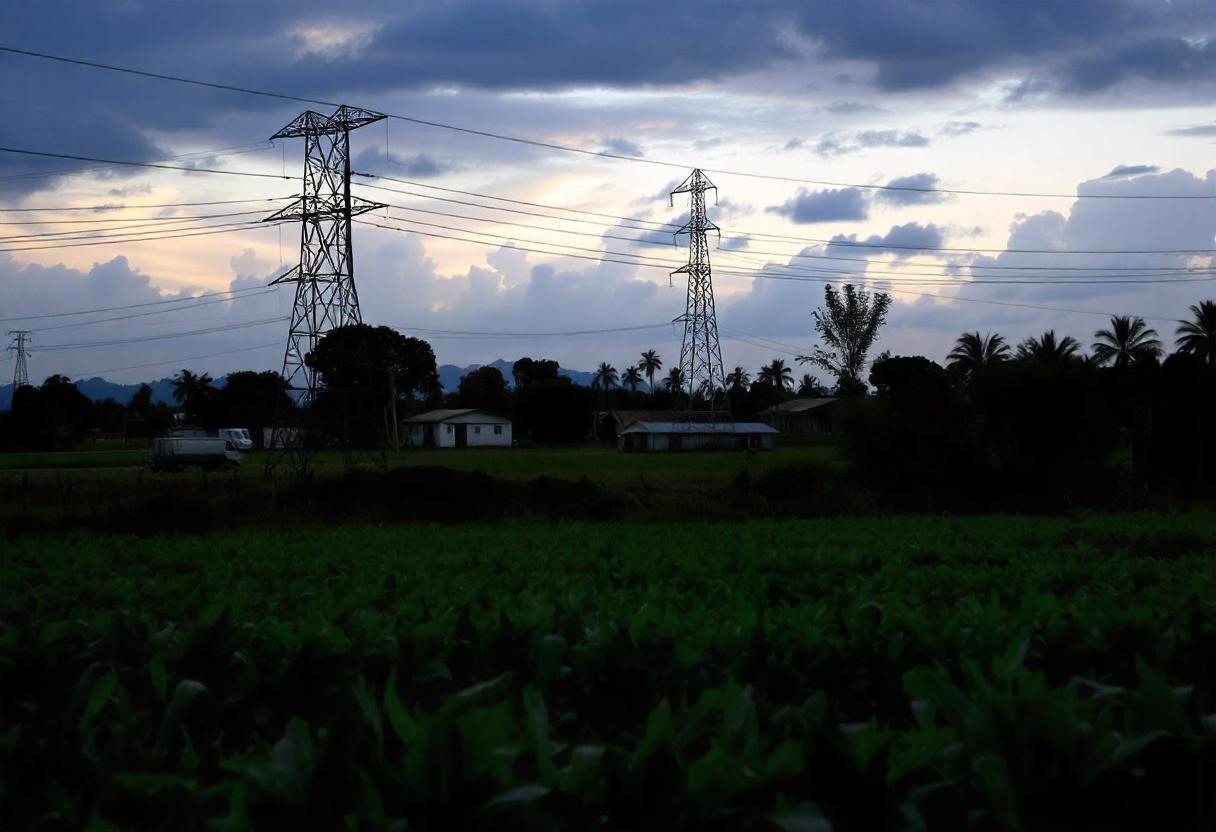
Rural electrification refers to the process of bringing electrical power to remote and underdeveloped areas, particularly rural communities. Agriculture, being the backbone of rural economies, stands to benefit greatly from electrification. The relationship between rural electrification and agriculture is essential for modernizing farming techniques, improving productivity, and uplifting the livelihoods of rural populations.
Impact of Rural Electrification on Agricultural Productivity
Rural electrification directly influences agricultural productivity by facilitating mechanization and reducing manual labor. Electrified farms can utilize electric pumps for irrigation, leading to more efficient water usage and increased crop yields. In addition, electric power supports the operation of machinery like tractors, threshers, and milling equipment, all of which enhance farming efficiency and reduce the time required for various processes.
Electricity also enables farmers to implement modern storage methods, such as cold storage, to preserve perishable goods like fruits, vegetables, and dairy products. This reduces post-harvest losses and allows farmers to market their products more effectively. Access to electric-powered technologies helps rural farmers increase their output and maintain the quality of their produce.
Enhancing Agricultural Value Chains
Beyond direct productivity improvements, rural electrification plays a pivotal role in enhancing the agricultural value chain. With electricity, rural businesses can establish agro-processing units, where raw materials are processed into finished products. These units create local employment opportunities and add value to raw agricultural goods, increasing income for farmers.
For instance, the availability of electricity enables rural cooperatives to process milk into cheese or butter and convert grains into flour, generating more revenue. Additionally, refrigeration and other processing technologies allow rural producers to meet higher standards, making their products more competitive in broader markets.
Role of Electrification in Irrigation
One of the most significant benefits of rural electrification for agriculture is the improvement of irrigation systems. Electrical power allows the installation of electric pumps that are more efficient and cost-effective compared to diesel pumps. This not only ensures the availability of water for crops but also reduces dependency on rainfall, providing farmers with more control over their cultivation cycles.
Efficient irrigation systems powered by electricity also help in water conservation, as precise water management becomes possible. With better irrigation infrastructure, farmers can diversify their crops, engage in multiple cropping seasons, and achieve higher yields, which directly contributes to food security in rural areas.
Reducing Post-Harvest Losses
In rural areas without electricity, post-harvest losses can be substantial due to the lack of proper storage and preservation facilities. Rural electrification helps mitigate these losses by enabling the use of cold storage, drying equipment, and preservation techniques that maintain the quality of agricultural produce.
For example, electricity-powered grain dryers can reduce the moisture content in harvested grains, minimizing the risk of spoilage. Similarly, refrigeration helps in extending the shelf life of fruits, vegetables, and dairy products, allowing farmers to sell their produce at more profitable times when market demand is higher.
Promoting Rural Agro-Industries
Electrification also encourages the development of rural agro-industries, which are critical for rural economic growth. These industries focus on processing agricultural products into value-added goods, such as canned foods, textiles, and biofuels. Access to electricity makes it feasible for these small-scale industries to operate efficiently and remain sustainable.
Moreover, agro-industries often provide employment to local populations, offering a source of income outside traditional farming. This diversification of rural economies through electrification is essential for improving living standards and reducing poverty in rural communities.
Improving Rural Livelihoods and Social Development
The benefits of rural electrification extend beyond agricultural productivity. Electrification enhances the overall quality of life in rural areas by providing lighting, improving education, and facilitating access to healthcare. Electrified schools can extend their hours of operation, and rural health centers can offer better services through the use of medical equipment.
Electrification also promotes the use of modern communication technologies such as mobile phones and the internet, enabling farmers to access market information, weather forecasts, and agricultural training resources. This connectivity helps rural populations make informed decisions, improving their agricultural practices and, ultimately, their livelihoods.